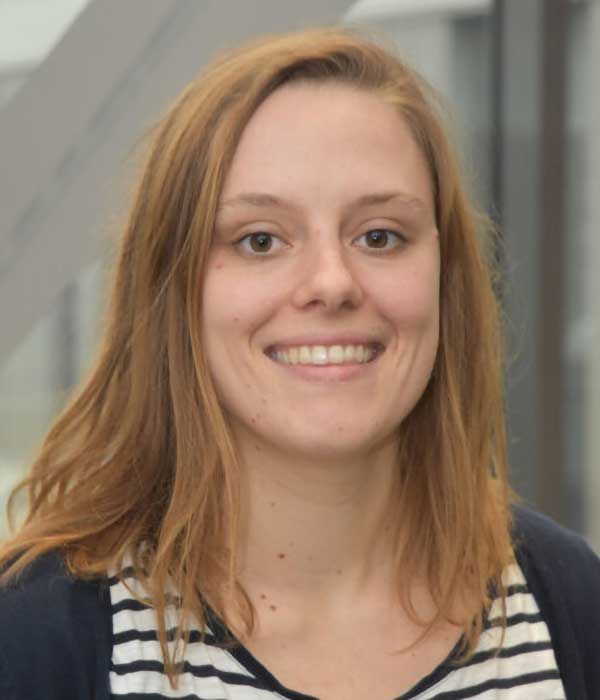
Dr. Josien Elizabeth Visser
Dr. Josien Elizabeth Visser's journey into neuroscience began with a gift—a popular science book about the brain from her neighbor on her 16th birthday. This sparked a passion that led her to the Universiteit van Amsterdam (UvA), where she earned a Bachelor of Science in Psychobiology in 2014 and a Master of Science in Brain and Cognitive Science in 2017. Additionally, Josien pursued a specialization in science communication at the Vrije Universiteit (VU) in Amsterdam.
Throughout her academic career, Josien developed a deep interest in astrocytes as she was intrigued by the fact that we know so little about these cells despite their abundance in the brain. This fascination prompted her to pursue a PhD in the Neuroglial Interactions in Cerebral Physiopathology and Pathologies lab under the supervision of Nathalie Rouach at the Collège de France, Paris. Here, she was involved in the EUGlia-PhD program, part of the Marie Skłodowska-Curie European ITN Horizon2020 initiative. Her doctoral research focused on the role of astrocytes in visual processing, employing both ex vivo and in vivo methodologies in mice. Josien successfully defended her thesis, titled "Astrocytes in the visual layers of the superior colliculus: properties and role in visual processing," obtaining her PhD from the Université Sorbonne in 2022.
Following her PhD, Josien joined the Optical Approaches to Brain Function lab led by Tommaso Fellin at the Istituto Italiano di Tecnologia in Genova, Italy. As a postdoctoral researcher, she was awarded the Marie Skłodowska-Curie Actions Postdoctoral Fellowship (Astroscope) under the Horizon Europe research and innovation program. Her current research focuses on exploring the role of astrocytes in multisensory processing through cutting-edge optical and analytical techniques.
In addition to her scientific pursuits, Josien is an avid nature enthusiast, enjoying activities like hiking and sailing. She also continues to share her passion for neuroscience and science communication through writing popular science articles.

